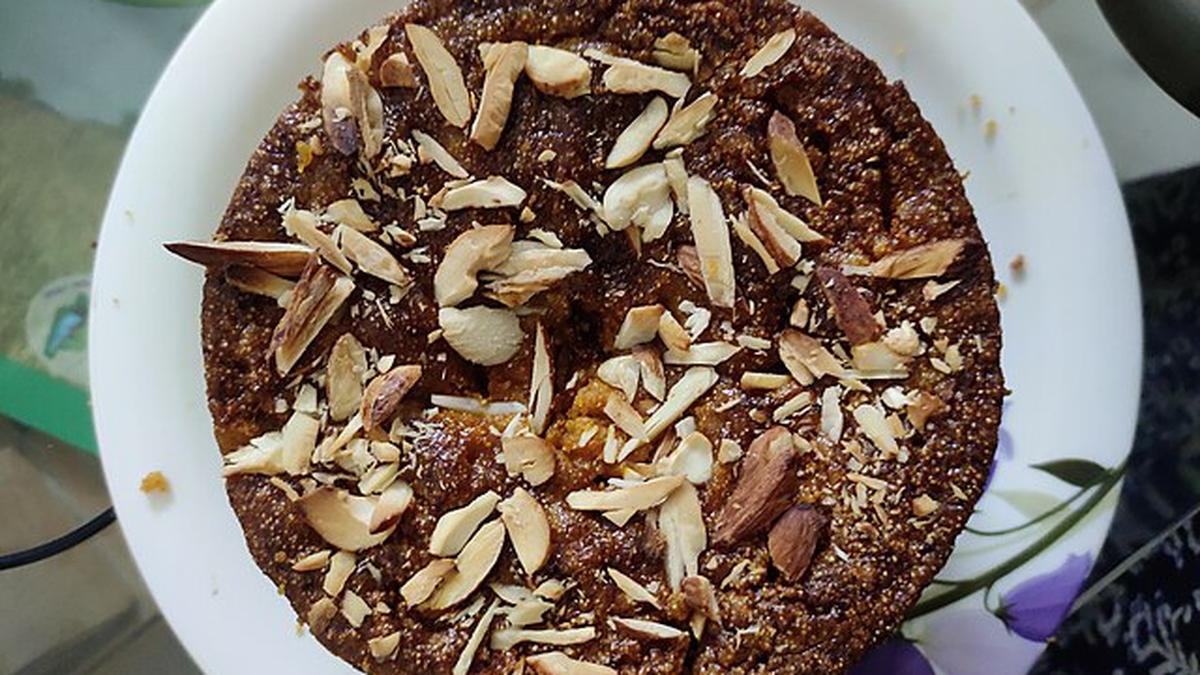
Meera Sharma, a 36-year-old marketing executive from Hyderabad, struggled to shed the stubborn weight she had gained after delivering her first child. She turned to every diet she came across, but nothing worked. Frustrated, she decided to try the Hormone Diet.
“Within weeks, I noticed subtle changes: better sleep, less bloating, and renewed vitality,” says Sharma. Encouraged, she adopted this holistic diet plan, which combines clean eating, stress management, and lifestyle tweaks. Her story highlights why the Hormone Diet is gaining momentum among those seeking hormonal balance and steady results.

While the foods we eat subtly impact hormone production through changes in the gut, it is our broader dietary pattern and lifestyle that leave lasting imprints. This is where the Hormone Diet comes in. It is a thoughtful approach to restoring equilibrium and enhancing well-being.
The Hormone Diet, detailed in Dr Natasha Turner’s 2009 book, advocates balancing hormones as key to weight loss. Her plan emphasises anti-inflammatory detoxification, nutritional supplements, regular exercise, quality sleep, stress management, and the use of clean skincare to maintain hormonal harmony. This six-week diet plan comprises three phases.
The first phase is a two-week detoxification stage. It eliminates inflammatory foods, toxins, sugar, gluten, etc and potential allergens to reduce hormonal disruptions while promoting gut health with nutrient-dense whole foods, healthy fats, and lean proteins. The second phase focuses on reintroducing foods gradually, allowing individuals to identify hormonal triggers.
The third phase integrates holistic physical and mental wellness through cardiovascular exercise, quality sleep, and stress management alongside the second-week dietary plan, aiming to optimise hormonal health and sustainable weight management. While there is no direct scientific evidence linking balancing hormones to weight loss, experts suggest that certain core principles of the plan may aid in weight management. Clinical nutritionist Divya Gandhi explains, “The Hormone Diet is particularly beneficial for individuals dealing with hormonal imbalances like PCOS, thyroid dysfunction, insulin resistance, or stress-induced disruptions.
” She explains that these conditions are often worsened by diets rich in processed foods, refined sugars, and simple carbohydrates. Emphasising whole foods, healthy fats, and lean proteins, helps balance key hormones like insulin, cortisol, and estrogen. Gandhi adds, “Women with PCOS may see improved insulin sensitivity and regulated hormones, while those with stress-related weight gain or chronic fatigue can benefit from cortisol management.
It also aids pre-diabetic individuals by reducing refined carbs and increasing fibre for better blood sugar control.” What makes the Hormone Diet distinct from other weight-loss diets is its focus on the quality of food rather than counting calories. Holistic Nutritionist Roshni Sanghvi explains, “In this diet, you eat as much as you want, but eliminate certain inflammatory foods and include those that heal your body.
” Unlike traditional weight-loss plans that focus on counting calories and may allow junk food within a calorie or macro limit, this diet specifically avoids foods that augment oxidative stress and hormonal imbalances. The concept centres on how certain hormones influence the body’s tendency to store fat. Sanghvi, however, cautions, “This is not a one-size-fits-all solution.
Different people have different body types and requirements. Tailoring the diet to individual needs with expert guidance is crucial.” The Hormone Diet is not without risks, and carefulness is advised for specific groups.
Gandhi forewarns, “Pregnant or breastfeeding women, individuals with conditions like hypothyroidism or adrenal fatigue, and those undergoing treatment for hormone-related illnesses should consult their healthcare provider before making significant dietary changes.” She highlights the possibility of nutrient deficiencies by eliminating staples, especially for vegetarians, of vital nutrients like calcium, vitamin D, and fibre. Clinical nutritionist Amita Gadre cautions against the diet’s unnecessary dietary restrictions.
“Unless you have specific intolerances or allergies, there’s no need to avoid gluten, dairy, certain fruits, etc. A balanced diet and moderate exercise can effectively regulate hormones and support weight loss,” she says. Eliminating major food groups often leads to poor compliance and high rebound rates.
“Long-term studies show that gradual calorie deficits with anti-inflammatory foods are more sustainable. Extreme diets can elevate cortisol levels, counteracting hormonal health efforts,” she adds. Ultimately, true success lies in a holistic approach—simply blending mindful dietary changes with stress management, physical activity, and expert guidance.
● A hormonal diet emphasises eating a minimum amount of food every day ● Consume at least the minimum of each food group: vegetables, fruits and egg whites ● Consume a minimum of five servings of fruits and vegetables every day ● Starches and fats are limited ● A hormone diet includes three meals and two-three snacks a day ● Frequent feedings keep hormones in balance and prevent excessive hunger ● Eat protein at breakfast in order to suppress hunger and provide energy to your body throughout the day ● Lunch and mid-afternoon snack should be light ● Dinner should have protein, one starch and lots of vegetables ● A healthy dessert at bedtime is important to keep your metabolism going throughout the night.















